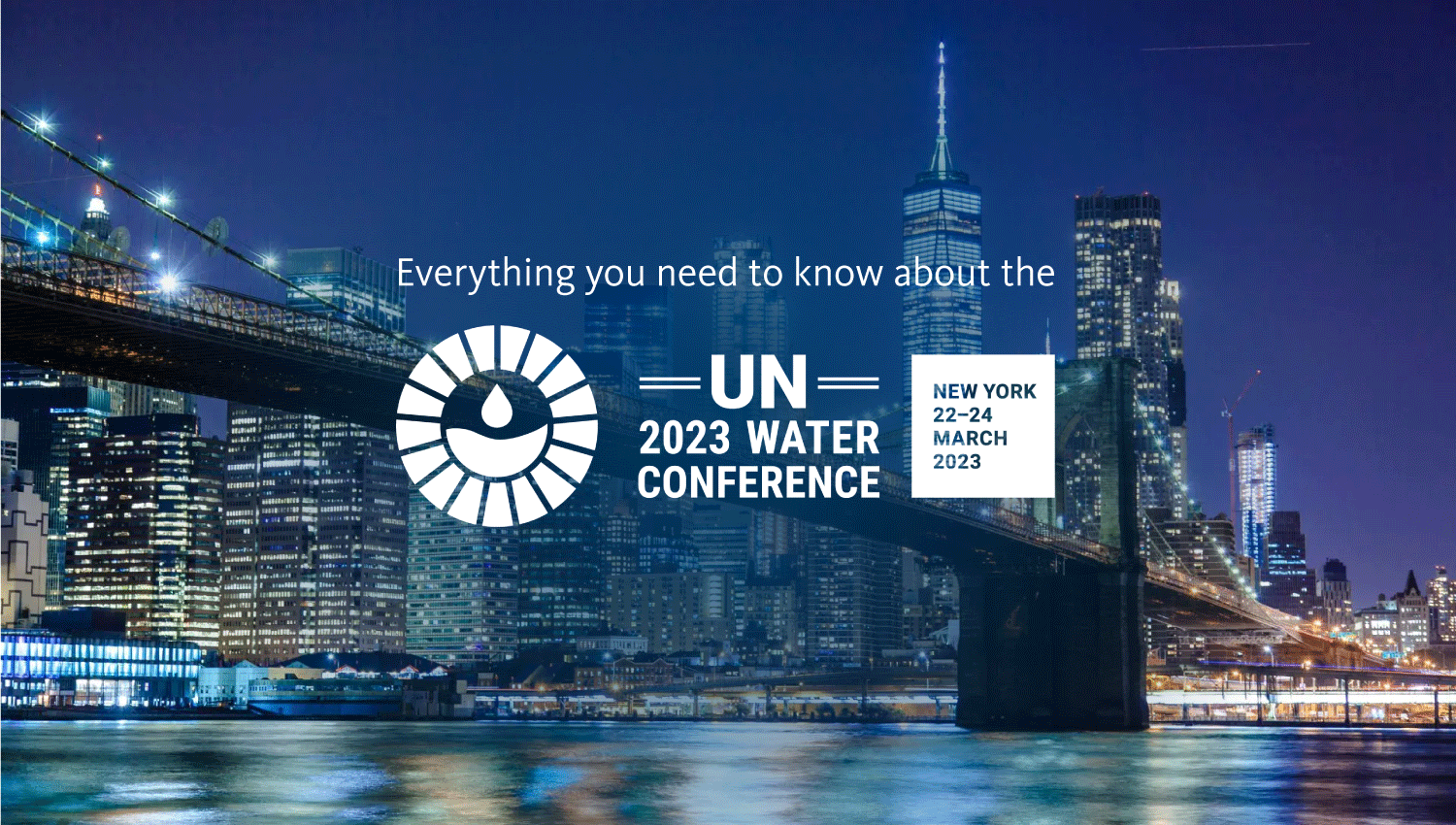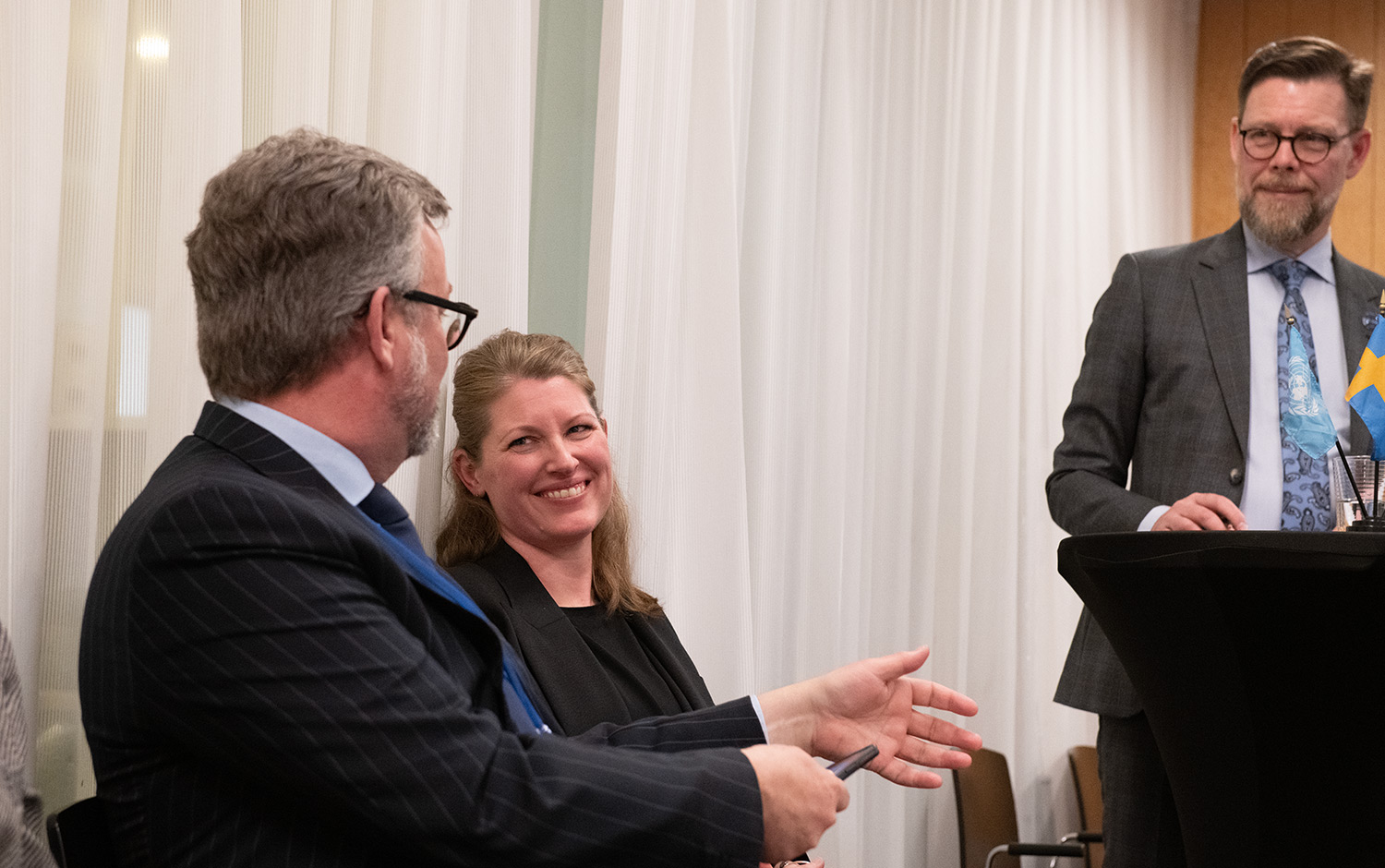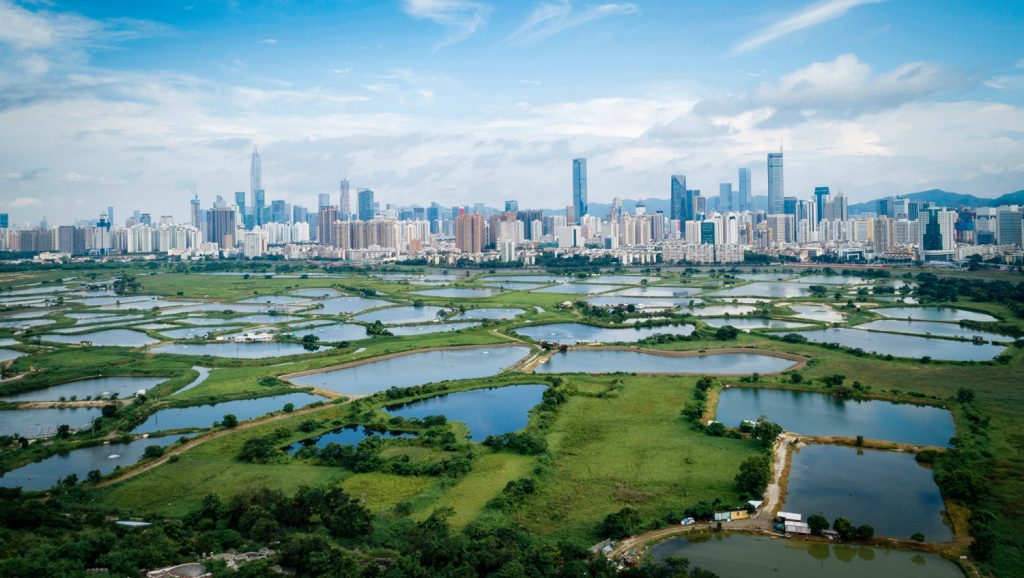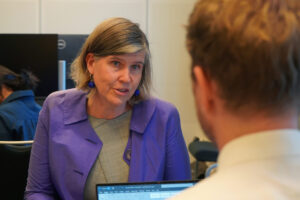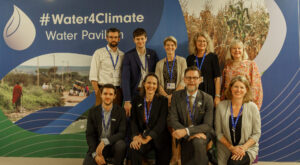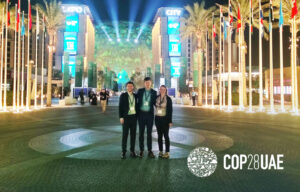A new Generation of Urban Climate Solutions
“Cities are really about the power of the people. Here we have a great chance to use that power to create a strong transition to a more climate smart and water-wise world, with cities in the forefront.”
As explained by Katrin Bruebach of Global Director Resilient Cities Network, the capacity built in the process has proven beneficiary not only for how the water crisis was managed.
“In the end water is not our only problem, and Cape Town is a good example of that. Following the water crisis came the pandemic and the together with the rest of South Africa, the city is now experiencing a major energy crisis. The Cape Town experience shows that since all these systems are connected, the discussions about water resilience quickly turns into something much broader, helping us address many other issues in a better way.”
SIWI’s executive director Torgny Holmgren noted that faced with new water extremes and climate pressures, cities need to radically rethink every aspect of infrastructure, urban planning, and water governance.
“Solutions for climate mitigation and adaptation remain under-utilized in urban water management plans. Yet, freshwater has an important role to increase climate security and urban resilience, with co-benefits for enhanced biodiversity, healthy ecosystems, resilient livelihoods. To remedy this, the water and climate communities need to work better together through adopting a systems approach and collective action.”
Watch the session
You need to enable cookies to see the video below. Alternatively, you can watch it directly on Youtube.
Follow SIWI to New York
On 22-24 March, the United Nations headquarters in New York will host a historic conference on freshwater. SIWI will play an active role to ensure that countries finally tackle the urgent water crisis and deliver on commitments already made.
UN 2023 Water Conference